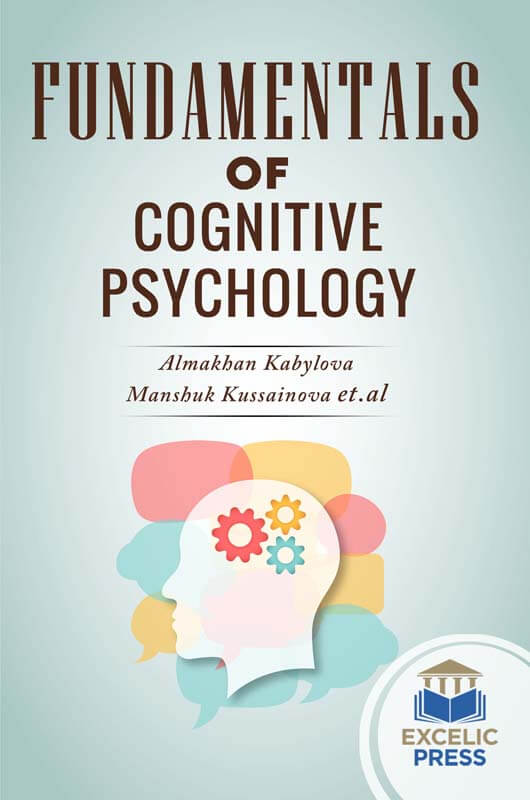Cognitive psychology in its modern way incorporates a remarkable set of new technologies in psychological science dealing with the scientific investigation of human cognition, that is, all our mental abilities – perceiving, learning, remembering, thinking, reasoning, and understanding. The emphasis of psychology shifted away from the study of conditioned behavior and psychoanalytical notions about the study of the mind, towards the understanding of human information processing, using strict and rigorous laboratory investigation.
Offering a comprehensible perspective on what is up-to-the-minute at the leading edge of the field today, this book will provide relevant and insightful topics in cognitive psychology. This book starts with the concepts of psychic cognitive processes development at primary school age as one of the most important trends of school psychologists work with primary school children is cognitive area development. Development work with each of the cognitive processes has its own specificity. Thus on the basis of correction of visual-image thinking at school age are revelation and reflection of objective links and relationship of the reality in the form of visual-space models. Stress is a biological response to internal or external demands which have an impact on cellular homeostasis. The frequency and intensity of the stressful stimuli can promote physiological and psychological effects on the body, such as the executive functions of the brain. In this book, we discuss the impact of stress on cognitive executive functions associated with academic achievement and also suggest strategies to reduce the impact of stressing factors. Cognitive representations and beliefs are what comprise an individual’s self-concept. A positive self-concept is related to and influences academic achievement and the relationship between a domain-specific self-concept and achievement in the same domain is positive and strong. However, insufficient attention has been paid to these issues among multilingual children. More importantly, since instruction strongly contributes to the development of metacognition and executive functions (EFs), and since the bilingual advantage hypothesis holds that the constant management of multiple languages entails benefits for EF, we bring together these important issues in the present book. The book also aims to investigate the effectiveness of cognitive behavior therapy on perfectionist students’ cognitive flexibility. In Cognitive-Behavior Therapy (CBT), the individual attains cognitive flexibility and when confronting such destructive beliefs and assumptions, instead of surrendering, he/she challenges and investigates then from all aspects. This therapy provides the individual with extensive information and new experiences of present-past events. Therefore, the individual has more options and accordingly, trains CBT, evaluation skills, and a range of standard confronting cognitive-behavioral skills to be the guideline for flexibility in choosing the approaches which are appropriate to the situation.
This comprehensive book will be of value to the students, scientists, researchers, and other stakeholders associated with the Behavioral and Cognitive Psychology.












Reviews
There are no reviews yet.